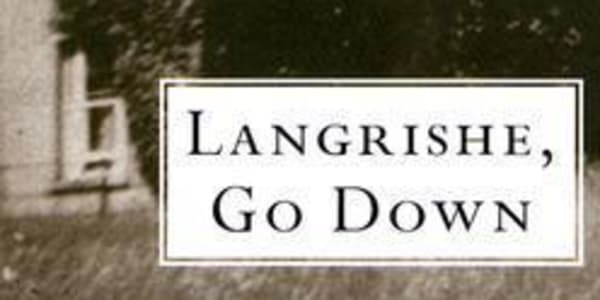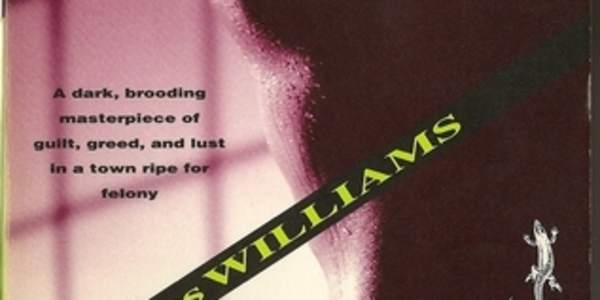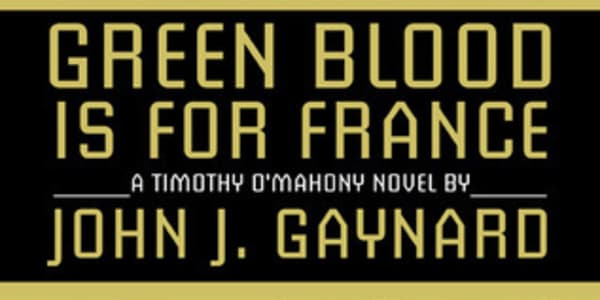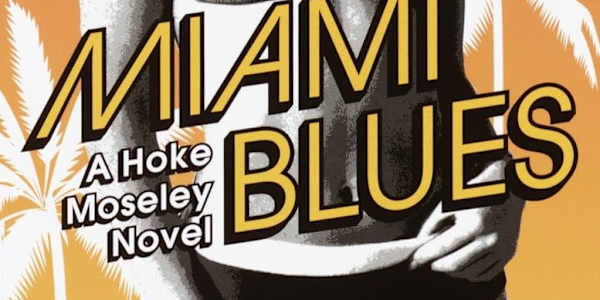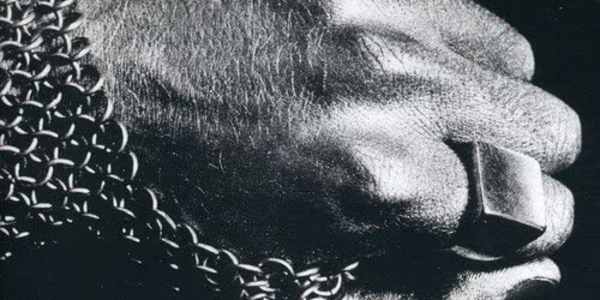Higgins lets his characters go about their business without the burden of reflection, doubt or regret.
They inhabit a natural world of deceit and scheming; friend and foe alike are told what they want to hear, each successive teller calculates which version of the truth will suit his own purpose (and it is always a 'he', except for Wanda), skimming and priming the listener to act or not act as the teller requires.
The same evasions and power struggles happen in more predictable workplaces...

